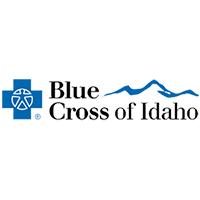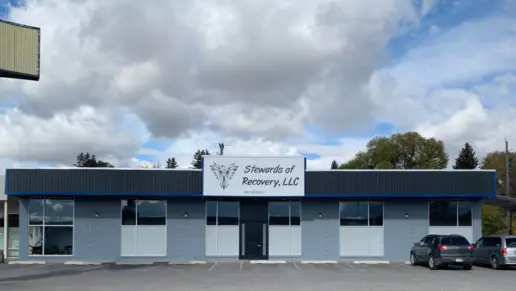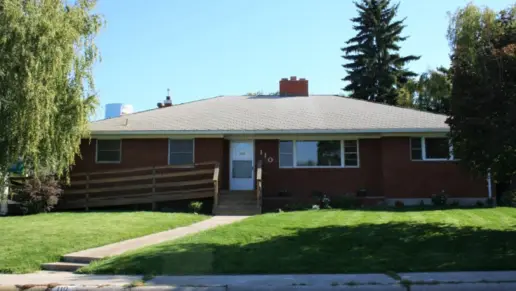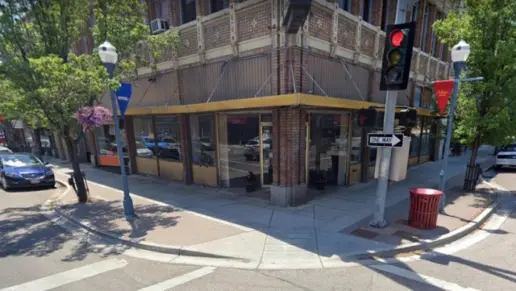About Beehive Rehabilitation and Counseling
The Beehive Rehabilitation and Counseling was established in 2004 and is located in Idaho Falls, Idaho. They provide treatment and supportive services to adults who are struggling with substance use disorders. Their location offers a culturally diverse and artistic scene where you can explore and try tasty local restaurants and eat a well balanced meal. Or you can go outdoors and enjoy the beautiful scenery at Idaho Falls Greenbelt loop, Snake River or the Twentymile Lava Trail. These healthy activities can boost your recovery efforts and set you up for success.
Beginning your path of recovery is not only rewarding but exciting because you have an opportunity to enhance your life. To better assist you, they will complete a comprehensive assessment to identify your strengths, goals and areas you want to improve.
What sticks out to me is their Community Based Rehab Services (CBRS). They will send a behavioral health professional to your house to provide ongoing support and help you develop life skills to strengthen your foundation for recovery. They know life can be overwhelming as you try to find balance or support from local resources. That’s why their case management services will provide linkage to legal assistance, childcare, employment and transportation.
Beehive’s individual counseling sessions provide a safe space for you to discuss areas you’re struggling with and can help you learn to manage stress and heightened emotions. In their psychosocial groups you can engage in moral reconation therapy (MRT) which helps build confidence, enhance problem solving skills, and help improve your social skills.
For those over the age of 62 they offer free services if you have social security benefits. Other special services available here include their 24 hour crisis line, medication management and additional supportive services for recovery.
Rehab Score
Gallery
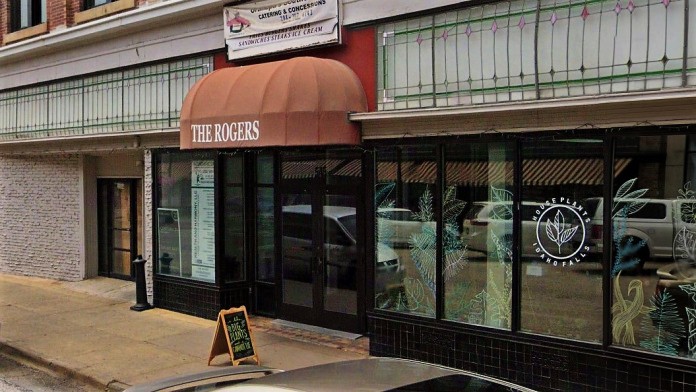
Location
Accepted Insurance
Other Forms of Payment
Medicaid is a state based program that helps lower-income individuals and families pay for healthcare. Medicaid covers addiction treatment so those enrolled can use their coverage to pay for rehab. When a program accepts Medicaid the client often pays very little or nothing out of their own pocket.
Private insurance refers to any kind of healthcare coverage that isn't from the state or federal government. This includes individual and family plans offered by an employer or purchased from the Insurance Marketplace. Every plan will have different requirements and out of pocket costs so be sure to get the full details before you start treatment.
Self-pay involves paying for treatment out of your own pocket. You can use savings or credit, get a personal loan, or receive help from family and friends to fund your treatment. If you don't have insurance or your insurance plan doesn't cover a specific program, self-pay can help ensure you still get the care you need.
Financial aid can take many forms. Centers may have grants or scholarships available to clients who meet eligibility requirements. Programs that receive SAMHSA grants may have financial aid available for those who need treatment as well. Grants and scholarships can help you pai for treatment without having to repay.
Addiction Treatments
Levels of Care
Treatments
The goal of treatment for alcoholism is abstinence. Those with poor social support, poor motivation, or psychiatric disorders tend to relapse within a few years of treatment. For these people, success is measured by longer periods of abstinence, reduced use of alcohol, better health, and improved social functioning. Recovery and Maintenance are usually based on 12 step programs and AA meetings.
Drug rehab in Idaho provides treatment for addiction to drugs. It usually includes a combination of treatment methods that can involve counseling, medication, and a variety of evidence-based therapies. Programs are designed to help individuals manage their substance use disorder long-term.
Many of those suffering from addiction also suffer from mental or emotional illnesses like schizophrenia, bipolar disorder, depression, or anxiety disorders. Rehab and other substance abuse facilities treating those with a dual diagnosis or co-occurring disorder administer psychiatric treatment to address the person's mental health issue in addition to drug and alcohol rehabilitation.
A combined mental health and substance abuse rehab has the staff and resources available to handle individuals with both mental health and substance abuse issues. It can be challenging to determine where a specific symptom stems from (a mental health issue or an issue related to substance abuse), so mental health and substance abuse professionals are helpful in detangling symptoms and keeping treatment on track.
Opioid rehabs specialize in supporting those recovering from opioid addiction. They treat those suffering from addiction to illegal opioids like heroin, as well as prescription drugs like oxycodone. These centers typically combine both physical as well as mental and emotional support to help stop addiction. Physical support often includes medical detox and subsequent medical support (including medication), and mental support includes in-depth therapy to address the underlying causes of addiction.
Programs



Clinical Services
Group therapy is any therapeutic work that happens in a group (not one-on-one). There are a number of different group therapy modalities, including support groups, experiential therapy, psycho-education, and more. Group therapy involves treatment as well as processing interaction between group members.
Men and women in Idaho may choose a customized drug and alcohol treatment approach using individual therapy. This focuses your attention on the unique challenges in your life and helps you understand the triggers and stressors that increase your risk of drug use. You develop healthier coping strategies to promote sustainable sobriety.
Contact Information
320 B Street
Suite 110
Idaho Falls, ID 83402
